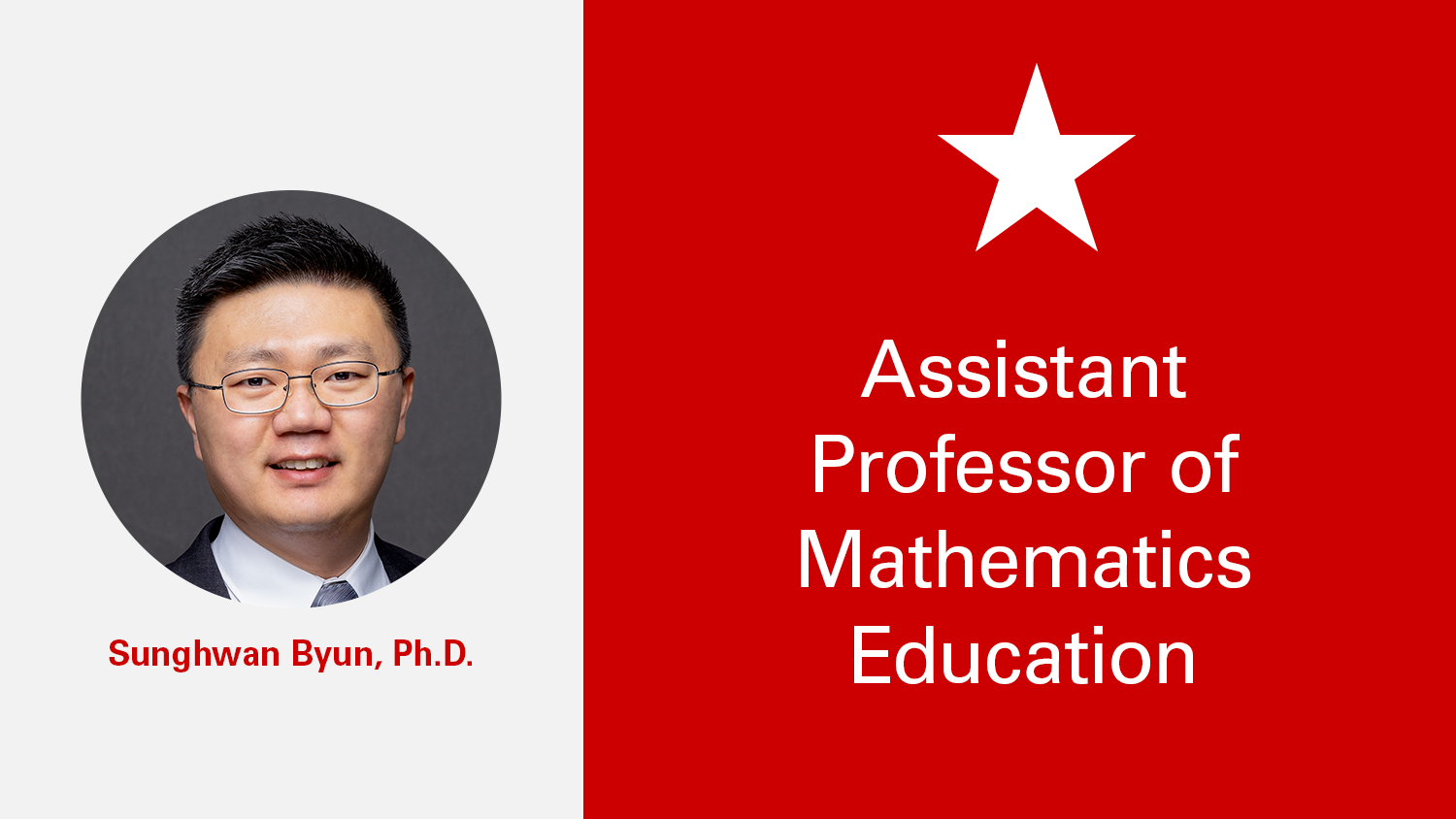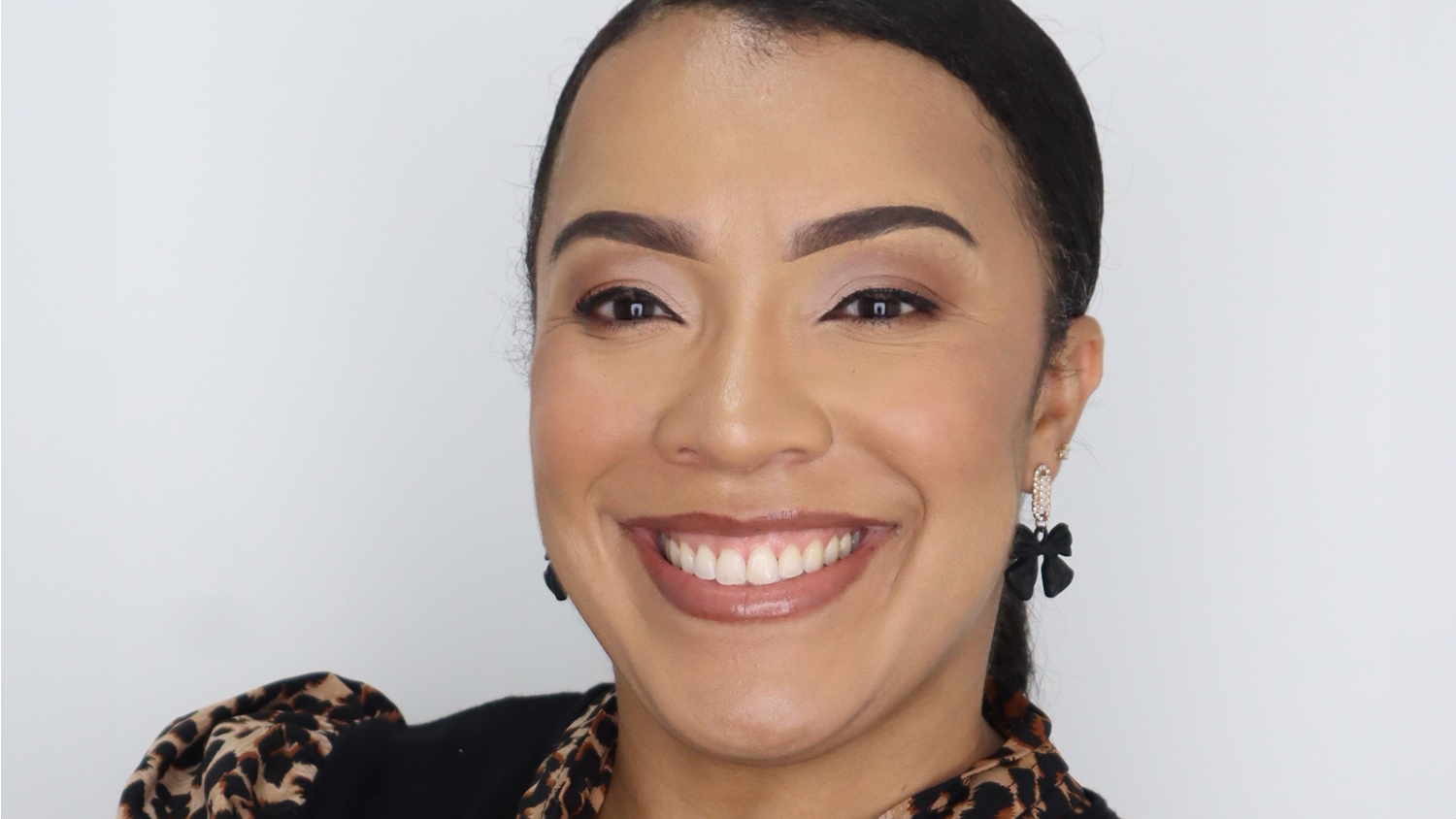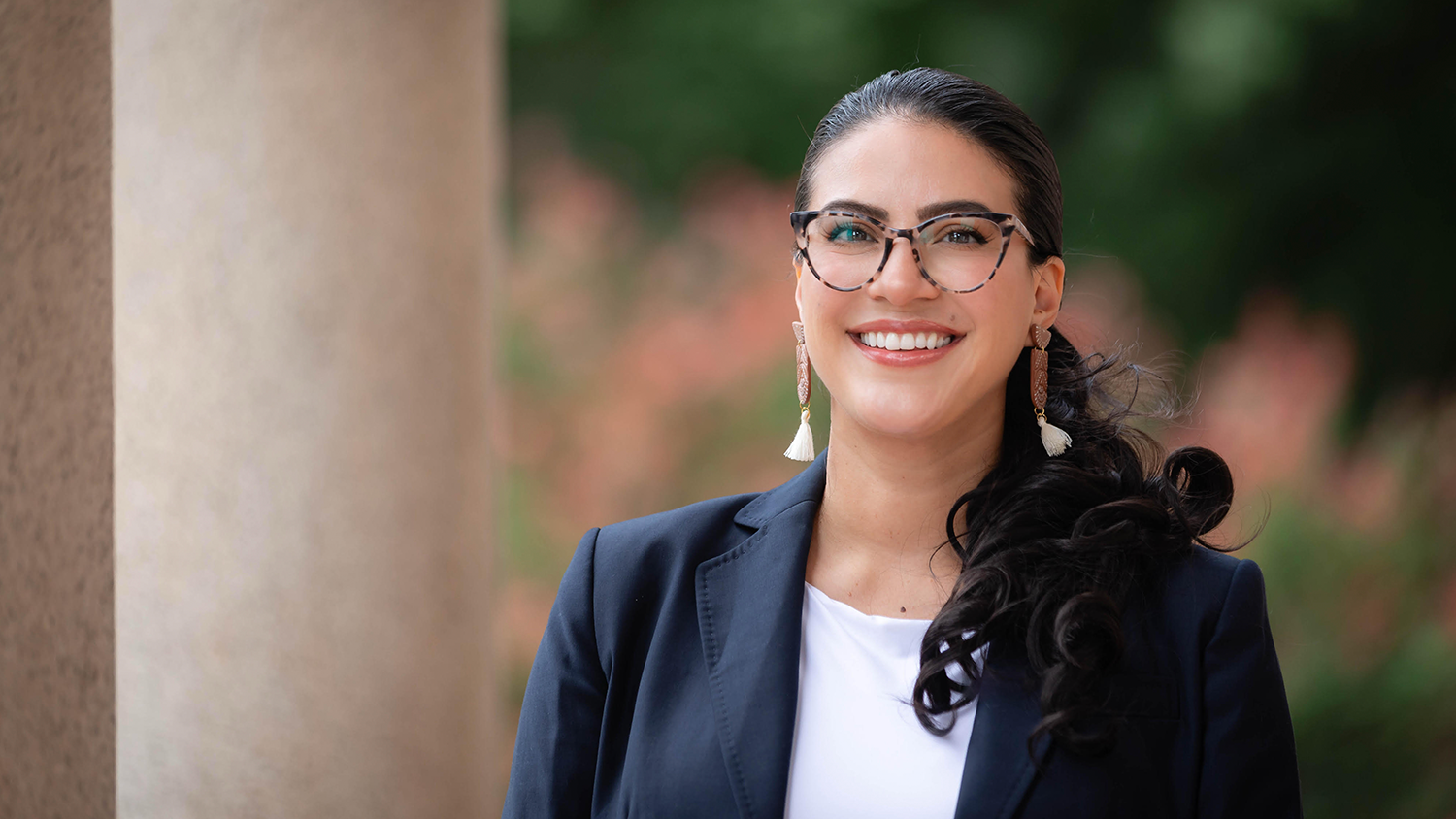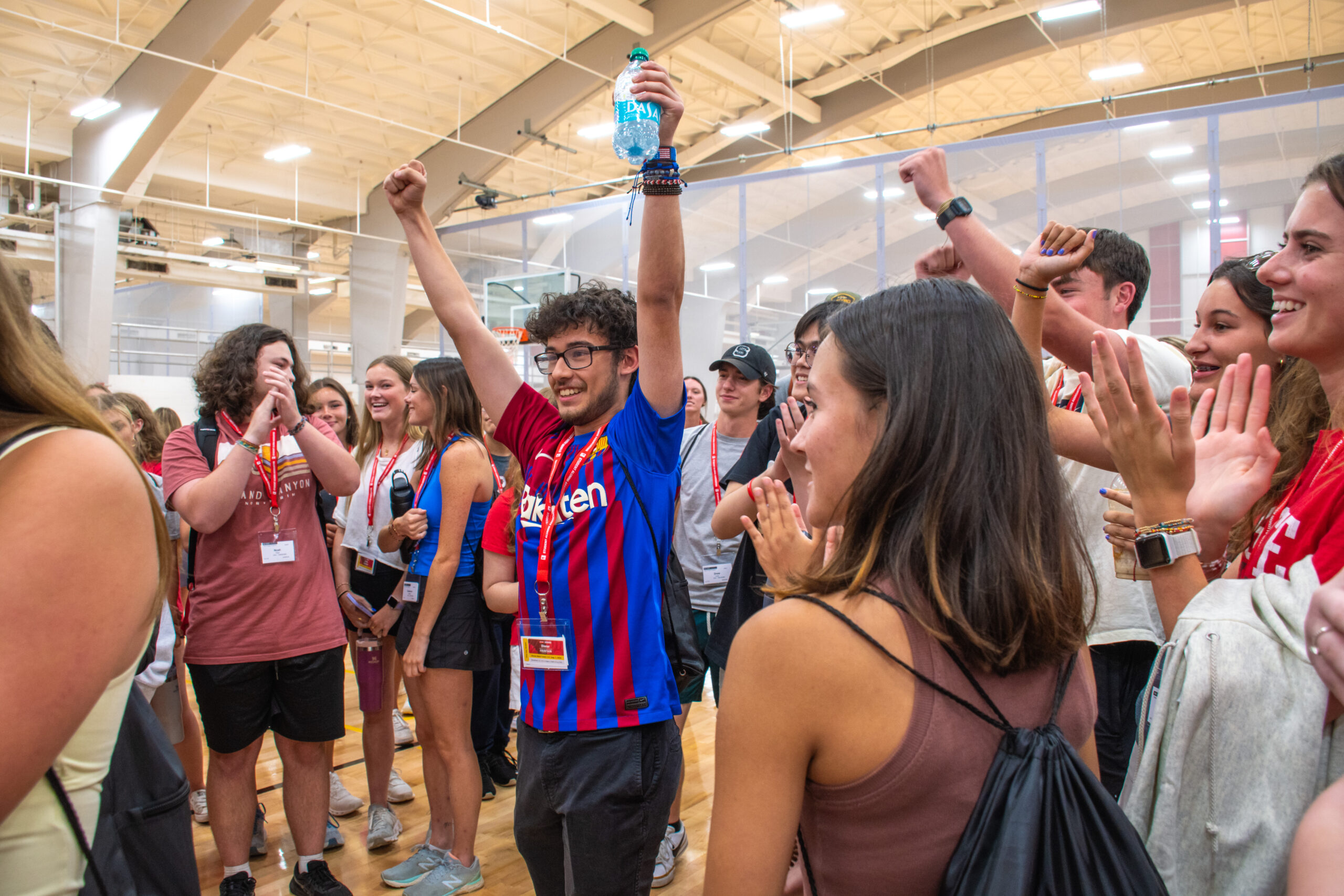Meet Assistant Professor Sunghwan Byun: ‘My Goal Was to Contribute to Equity in Mathematics Education Beyond the 4 Walls of My Classroom’

This is part of a series of profiles about new faculty who have joined the College of Education in the 2021-22 academic year.
Name: Sunghwan Byun, Ph.D.
Title: Assistant Professor of Mathematics Education
Education: Ph.D. in Mathematics Education from Michigan State University, M.S. in Statistics from Michigan State University, M.S. in Mathematics Education from Oregon State University, B.S. in Mathematics Education from Kyungpook National University
Experience: Mathematics teacher, Phoenix Union High School District; Course Instructor, Mesa Community College; Instructor of Record, Michigan State University
Why did you choose a career in education?
I began my career in education as a secondary mathematics teacher in Phoenix, Arizona. I fell in love with the teaching profession because of the amazing, committed teachers throughout my K-12 education. I knew teachers make a difference in students’ lives and I wanted to do the same as my teachers did for me.
What drew you to your specific field?
Based on my experience as a student and teacher, I learned that teaching and learning mathematics is challenging and complex. It involves human-to-human interaction with lots of abstract ideas and processes communicated with symbols and languages. This complexity drew me to the field of mathematics and statistics education. I wanted to know more about how people communicate and build relationships while teaching and learning mathematics and statistics.
Why did you decide to pursue a doctoral degree?
Prior to my Ph.D., I taught students from a lower-income community of color for seven years. There were many times I felt inadequate and not well-prepared to engage my students with rigorous and relevant mathematics. I joined my Ph.D. program to learn about supporting the professional learning of mathematics teachers so that teachers can better serve students of color in urban school settings. My goal was to contribute to equity in mathematics education beyond the four walls of my classroom. Pursuing a doctoral degree offered me opportunities to work with teachers and support their professional learning with insights from research.
What are your research interests?
My research focuses on social interaction in mathematics and statistics classrooms. I view teaching and learning as a social endeavor in which the teacher and students influence each other. I examine how teachers facilitate classroom interaction to support their marginalized students as knowledge producers with computational tools.
What sparked your interest in those topics?
Pursuing National Board Certification in 2013 as a practicing teacher sparked my research interest. I analyzed many of my videotaped lessons to provide evidence of my teaching that advanced my students’ thinking with technology. I was intrigued by how my talk influenced who participated and how during analyses. These questions continued in my research, and my inquiry became more systematic and theory-informed with my training in discourse analytic approaches.
What is one research project or moment in your academic career that you are particularly proud of?
I enjoy sharing my research work with colleagues and engaging in dialogues. One memorable moment was when I presented my earlier work at the Psychology of Mathematics Education conference in 2018. I remember how the audiences enthusiastically engaged with my thinking and showed their genuine interest. My conversation with colleagues continued even after my session. The scholarly dialogues brought me joy and strengthened my interest.
What is your teaching philosophy?
In my teaching, I emphasize learning to teach in the context of a community of practitioners. I purposely organize opportunities for teacher candidates to collaborate on identifying shared problems in their field placements and finding ways to address those issues together. I do so by facilitating activities with my teacher candidates to gather data from their teaching experiences and examine how their teaching shapes learning opportunities for their students. Many exciting and important questions emerge, such as how can I support “Student A” in participating in group work, and these authentic problems of practice allow me to bridge theory and practice in my teaching.
What do you hope your students learn from you?
I want my teacher candidates to learn that the primary purpose of teaching is to serve students and facilitate their learning in a way that works for them. That means “good teaching” depends on the uniqueness of students and teaching contexts. This perspective highlights the importance of continuing professional learning as teachers in different settings. Particular teaching strategies that they learned from the teacher preparation program may not work well in their new teaching position or with a new group of students. My goal is to prepare my teacher candidates to face these new challenges confidently with a robust set of repertoires that can guide their continuous development.
What makes someone an “extraordinary educator?”
I think details in everyday, ordinary teaching make an educator “extraordinary.” Society often views teaching as a trivial task, but teaching is a highly complex work orchestrating interactions with many students at one time. In my research, I found that what seems ordinary at first glance are, in fact, extraordinary aspects of teaching. Experienced teachers purposefully coordinate every detail of classroom activity, such as asking questions, selecting who speaks during a discussion, responding to unanticipated student contributions, and so on. These ordinary details of what teachers do are vital ingredients that hold extraordinary teaching together.
- Categories:


